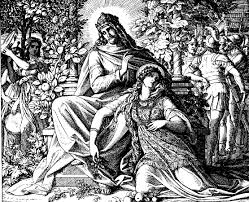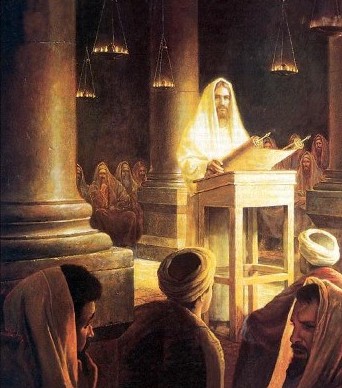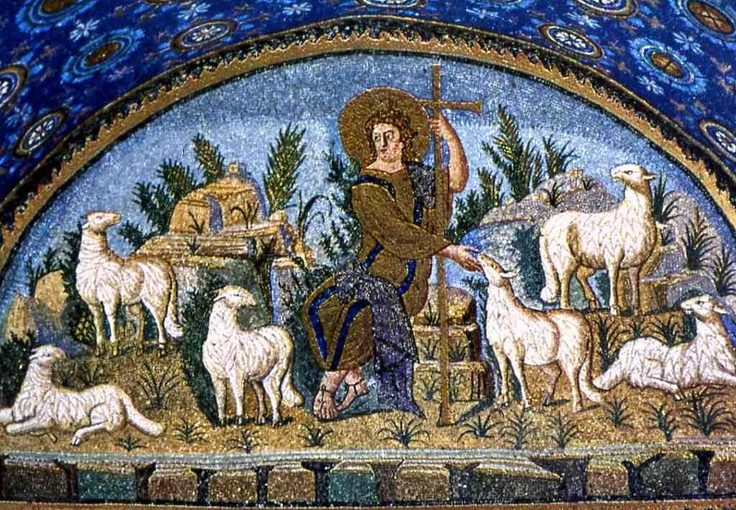My beloved is white and ruddy, Chief among ten thousand.
Song of Solomon 5:10
The Lord Jesus is one in a million; actually, He’s one in several billion since he surpasses anyone and everyone who was ever born on earth. Calling Christ Chief among Ten Thousand seems to be selling Him short. What does this verse actually mean?
The reference comes from Song of Solomon, in which the Shulamite is describing her beloved. She goes on for a long time, describing her feelings for her husband. For centuries, this passage has been interpreted as describing either the sentiments of marital love or the beauty of the Messiah.
The verse is a statement of personal opinion. How many people does someone meet in a lifetime? Counting all classmates in elementary school and then the higher grades, and figuring in friends, family, work associates, acquaintances, and casual contacts, the number would be in the thousands. Some people get a thousand Facebook friends, but we really can’t keep up with more than about 150, maximum. In a lifetime, people might interact with ten thousand others at some level.
To the Shulamite, her beloved was better than anyone she ever met or could possibly meet in the future; He was Chief among Ten Thousand. The phrase communicates the idea of so far surpassing the competition that there is no competition.
Christ loves us so intensely that He was nailed to a cross in order to save us. He also wants us to love Him intensely in return, even to the point that it surpasses the love we have for anyone else.
Jesus told His disciples: “He who loves father or mother more than Me is not worthy of Me. And he who loves son or daughter more than Me is not worthy of Me” (Matthew 10:37). The question begs to be asked of every Christian: “In my life, in your life, is the Lord Chief among Ten Thousand?”
September 13









